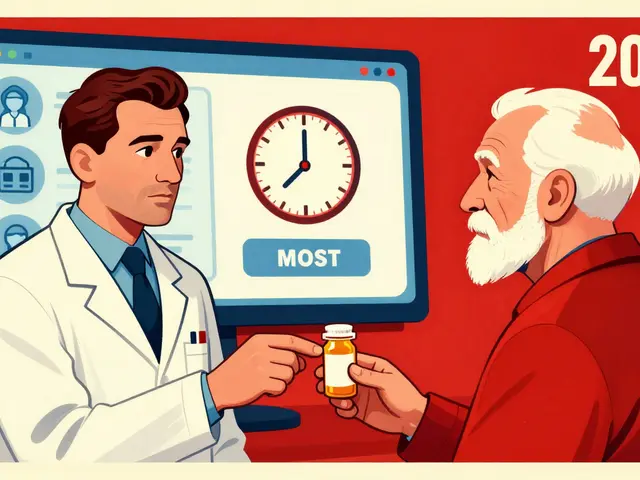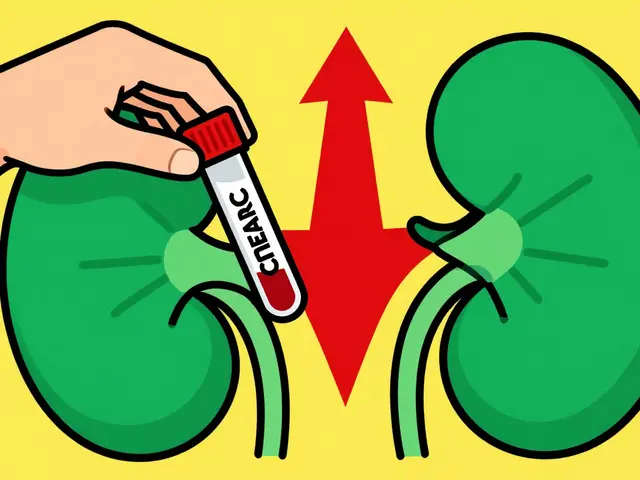Dietary Supplement Industry – What’s Happening in 2025
The supplement world is buzzing more than ever. People are looking for quick ways to boost energy, improve joints, or support gut health, so sales keep climbing. In the U.S., Europe and Asia the market grew over 8% last year, and experts say that pace will stay strong as new ingredients hit shelves.
One big driver is the rise of “functional foods” – snacks and drinks packed with vitamins or plant extracts. Brands are adding things like guarana for stamina or beetroot powder for blood flow. At the same time, online pharmacies make it easy to order niche products that used to be hard‑to‑find.
Growth Drivers & Market Size
Consumers now treat supplements like part of daily medicine. Fitness apps that track sleep or nutrition often suggest a specific vitamin or herb, pushing users toward purchase. Social media also spreads word fast; a single TikTok video can sell out a new collagen batch in hours.
Investors follow the hype. Venture capital poured $3 billion into supplement startups last year alone. This cash fuels research on exotic botanicals such as Northern Prickly Ash and Black Alder, which promise antioxidant or circulation benefits.
Safety, Regulation, and Choosing Wisely
With growth comes risk. Not every product is tested the same way. In Australia, the TGA cracks down on unregistered herbs like Scarlet Pimpernel, while in the U.S. the FDA monitors labeling but can’t pre‑approve every batch.
Your best bet is to look for third‑party testing (USP, NSF) and check that the label lists exact amounts of active ingredients. For example, Collagen Type II supplements now often carry a “hydrolyzed” badge showing they’re broken down for better absorption.
Fiber‑rich options like guar gum have proven benefits for gut health, but too much can cause bloating. Start with a teaspoon mixed in water and see how you feel before upping the dose.
If you’re eyeing herbal extracts, read up on dosage and possible interactions. Sweet Clover can thin blood, so pairing it with prescription anticoagulants may be risky. Always chat with a pharmacist or doctor if you’re unsure.
Overall, the industry offers many useful tools – from joint‑supporting collagen to metabolism‑boosting green tea extract. The key is to stay informed, pick reputable brands, and listen to your body.






